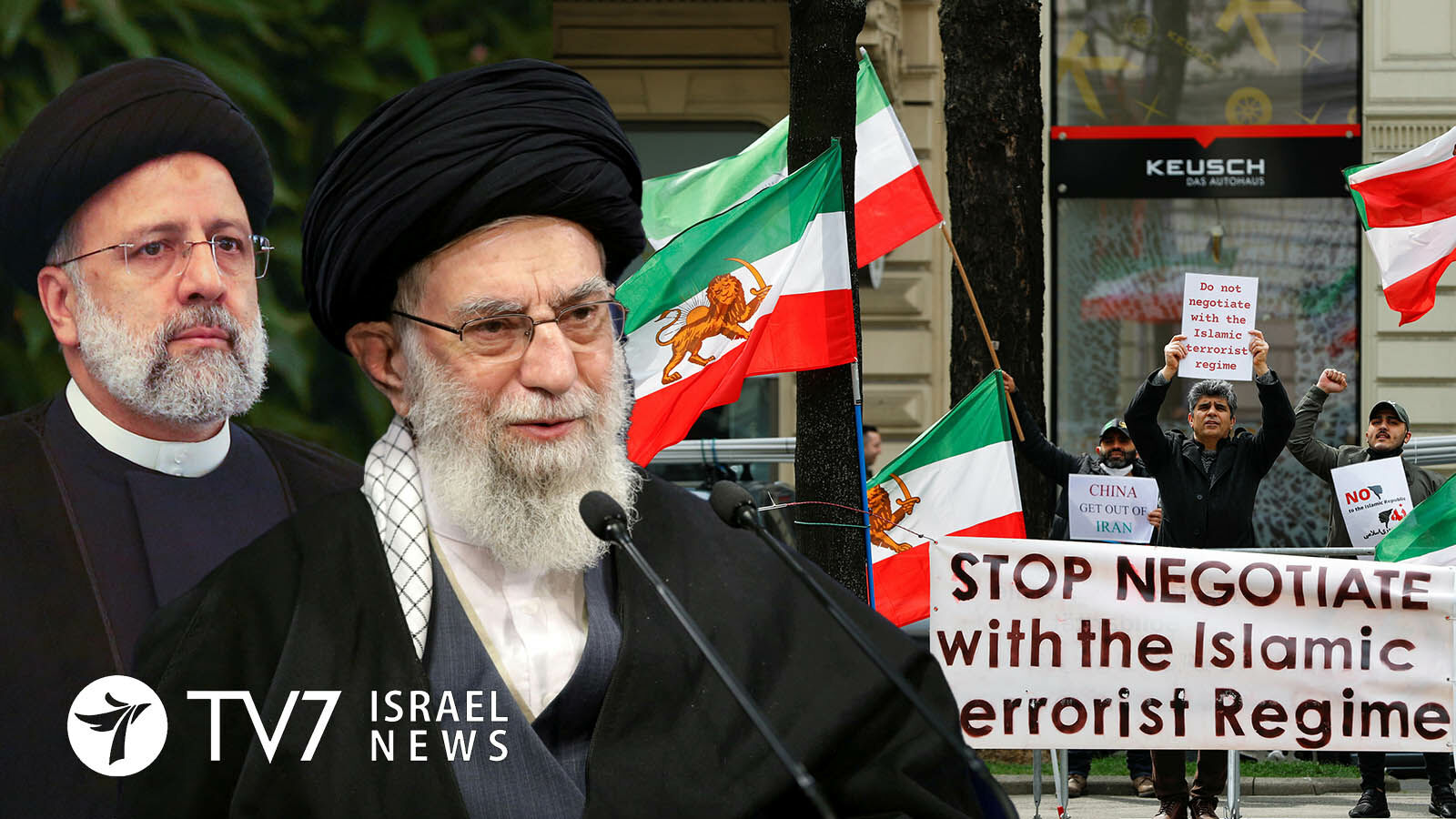The Islamic Republic presented drafts on sanctions and nuclear issues to European powers involved in the Vienna Talks.
By Erin Viner
Iranian Nuclear Negotiator and Deputy Foreign Minister Ali Bagheri Kani called for the immediate lifting of all sanctions as a prerequisite, underscoring that these terms must be accepted for the nuclear negotiations to continue.
“We want all sanctions to be lifted at once,” Bagheri Kani told reporters, adding that Iran’s proposal to ensure its overriding priority in the talks on how to verify removal of the punitive economic measures would be handed over to the European parties at a later unspecified date.
“We have delivered two proposed drafts to them…Of course they need to check the texts that we have provided to them. If they are ready to continue the talks, we are in Vienna to continue the talks,” he said.
A European diplomat in Vienna confirmed draft documents had been submitted.
The announcement came on the 4th day of indirect talks between Iran and the United States aimed at bringing both sides back into compliance with the 2015 Joint Comprehensive Plan of Action (JCPOA). The 7th round of negotiations resumed after a 5-month hiatus prompted by Iran’s election of an anti-Western hardliner Ebrahim Raisi as president.
About 70-80% of a draft deal on salvaging the JCPOA had been completed when Iran and world powers last met in June, revealed a senior European diplomat.
It still remains unclear if Tehran will resume the talks where they left off. Bagheri Kani has previously asserted that everything negotiated during the first 6 rounds between April and June is open for discussion, while a member of Iran’s delegation was cited by Reuters as stating that, “elements in the previous unapproved draft that were in conflict with the nuclear deal were revised and gaps were filled” in Iran’s submitted draft documents.
It will be known in “the very near future” whether Iran intends to engage in good faith in talks to return to the pact, US Secretary of State Antony Blinken said yesterday during a trip to Moscow. While the recent rhetoric from Tehran does not give cause for optimism, he said, there is still time for Iran to engage meaningfully in the nuclear talks.
Israel has long opposed the JCPOA as insufficient to prevent the development of nuclear weapons by Iran, which began openly violating atomic curbs after then-US President Donald Trump withdrew from the pact in 2018.
Israeli Prime Minister Naftali Bennett called for an immediate halt to negotiations in Vienna during telephone conversation with US Secretary of State Antony Blinken yesterday, while citing an International Atomic Energy Agency (IAEA) report that Tehran has begun refining uranium with more efficient advanced centrifuges at its Fordow Fuel Enrichment Plant (FFEP). The JCPOA completely forbids any uranium enrichment at the underground FFEP facility, highlighting just how badly the deal has eroded.
In a statement obtained by TV7, Prime Minister Bennett told the Washington’s top diplomat that the Islamic Republic is “carrying out ‘nuclear blackmail; as a negotiation tactic and that this must be met with an immediate cessation of negotiations and by concrete steps taken by the major powers.”
Even if the Vienna Talks do yield results, Prime Minister Bennett declared last week that Israel “is of course not a party” nor “obligated by the deal.”
Meanwhile, this week’s nuclear talks concluded with a formal meeting with Iran by the remaining parties to the deal – France, Germany, Britain, Russia and China. “The Europeans want to return to their capitals for consultations … We are ready to stay in Vienna for further talks,” an Iranian official close to the talks told Reuters, while a European diplomat said the intention is to resume the negotiations next week.
